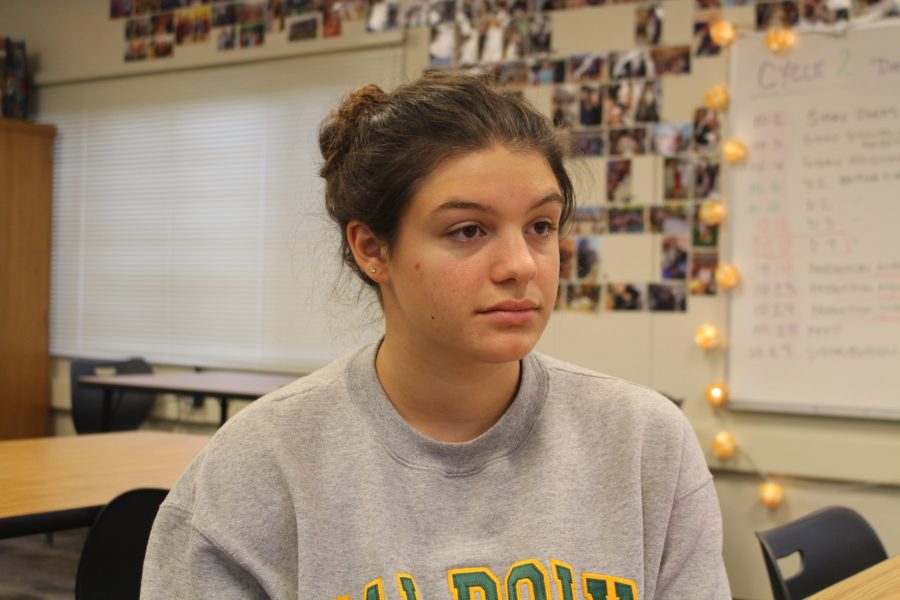Many students have felt the impact of President Trump’s latest attempt at a travel ban, which went into effect Oct. 18, and is currently blocked by a federal judge.
The third revision of the travel ban indefinitely restricts immigration from Syria, Iran, Somalia, Yemen, Libya, Venezuela, Chad, and North Korea.
In a survey conducted by the Oracle, 56.5% of respondents do not believe that the travel ban will increase safety in the U.S. and 66.3% opposed the travel restrictions.
Senior Sam Sheikholeslami, who immigrated to America from Iran a few years ago, is still an Iranian citizen and in the process of attaining status as an American citizen. While he wants to visit his family in Iran but fears that he would not be allowed to reenter the US after his travels.
Sheikholeslami hasn’t seen his Iranian relatives or friends for the last two years, and needs to wait at least two years more before he gets his citizenship.
“What if I can’t go back to Iran before I get my citizenship?” said Sheikholeslami, “I was angry because Iran shouldn’t be one of those countries.”
Junior Ally Halliday, part-Iranian, has several family members on her mother’s side living in Iran, one of whom was trying to move to the United States before Trump announced his latest travel ban.
Sheikholeslami also explained how it negatively portrays Iran and other countries that have been included in the travel ban. He said that people will see them as “terrorists”, while the people there are not really the problem.
“I don’t know what to do because I just have to accept it,” said Sheikholeslami, “For two years we can’t go back or transfer money until I get my citizenship.”
Sam also said that the newest travel ban may affect his family’s plans to visit over the summer if the latest ban is upheld in court.
His frustrations toward the ban are shared by Halliday, who feels that the ban was a “clear attack” on specific countries. Previous versions of the travel ban were heavily criticized for allegedly targeting Muslim countries, and was the reason for many federal judges to block the ban.
This revision has added Venezuela, Chad, and North Korea and excludes Iraq and Sudan, a move that many saw as a step toward a more well-rounded travel ban. However, Halliday said she feels that that the latest ban in fact still unfairly targets Muslim countries, and the latest additions to the list — North Korea and Venezuela — merely cover up the fact that this is yet another effort by the Trump administration to further an islamophobic and xenophobic agenda.
“One of the countries that was on the list originally was taken off, and it was revealed that he had business relations in that country,” said Halliday, “I still believe that it is targeted towards Muslim countries.”
Halliday said that she will not be affected as much as those who actually live in the countries named in the travel ban, such as her great-uncle who has been trying to move to America last year before the travel ban was implemented, and now will face obstacles making it near impossible for him to immigrate.
“It’s just really sad because my grandma really misses her family, and now they don’t have the chance to even talk to each other any more,” said Halliday.
She said that she did not support the previous travel bans and will not support any travel bans in the future that work to keep out certain people.
































